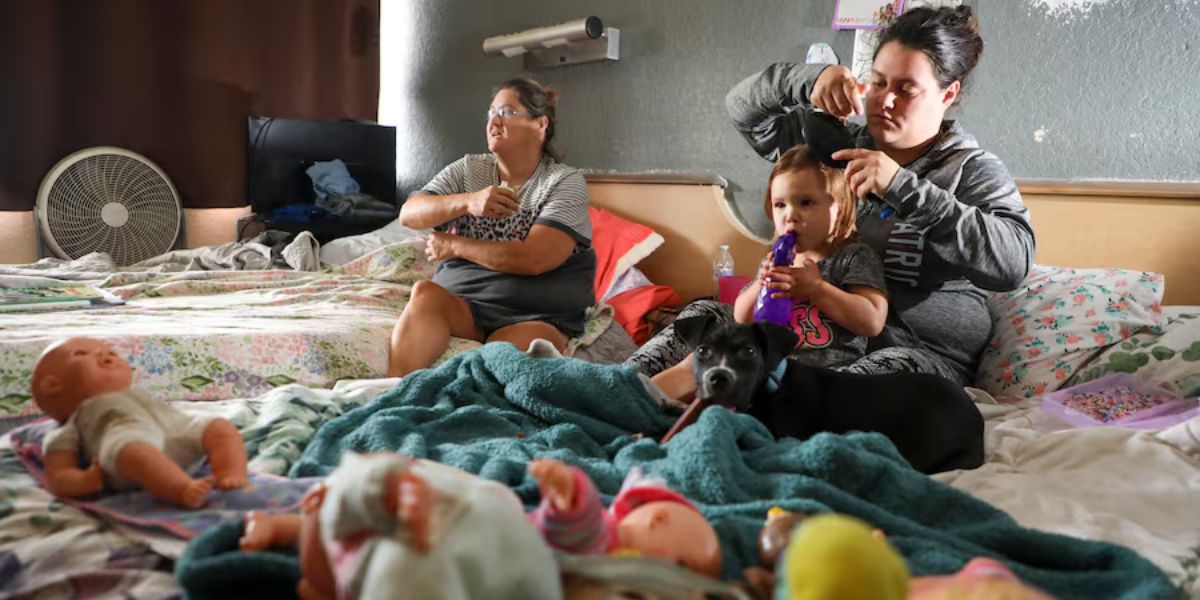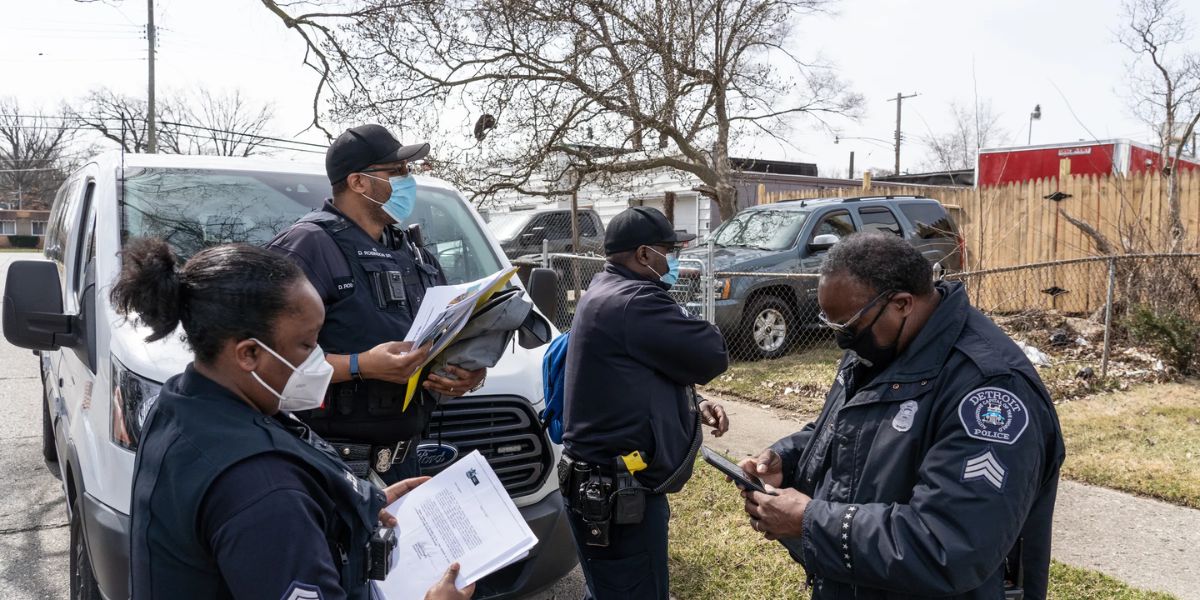Rising housing costs, economic instability, and systemic discrimination contribute to the growing number of first-time homeless families in Florida.
Fort Lauderdale, FL – The number of families experiencing homelessness for the first time in Florida is on the rise, driven by a combination of economic factors, housing shortages, and systemic discrimination.
As the Sunshine State’s affordable housing crisis deepens, a growing number of Florida families are experiencing homelessness for the first time. According to recent data, first-time homelessness has increased by 15% in the past year, with many families struggling to find stable housing due to discriminatory practices and a lack of affordable options.
The Growing Crisis
According to the U.S. Department of Housing and Urban Development (HUD), the number of families with children experiencing homelessness in Florida grew by 21.6% from 2022 to 2023. This increase translates to approximately 1,400 more families falling into homelessness for the first time. The primary drivers of this surge include rising housing costs, stagnant wages, and a lack of affordable housing.
Reasons for the Increase

Rising Housing Costs: Florida’s booming real estate market has led to substantial increases in rental and housing costs, making it increasingly difficult for families to afford housing.
Evictions: Evictions have also contributed to the rise in homelessness, as families are unable to find stable housing after being evicted.
Masssive Crisis! Why Is California’s Homeless Population Growing Despite Record-Breaking Funding?
Economic Hardships: Economic downturns, job losses, and wage stagnation have left many families struggling to make ends meet, increasing their vulnerability to homelessness.
Economic Factors
Florida’s housing market has seen unprecedented growth in recent years, with rents and home prices soaring. Many working-class families find themselves unable to keep up with these rising costs, leading to housing instability and, ultimately, homelessness. The state’s affordable housing crisis is exacerbated by low wages and job losses, making it difficult for families to secure stable housing.
Systemic Discrimination
Families experiencing homelessness often face discrimination when trying to secure new housing. Landlords may be reluctant to rent to individuals with a history of homelessness, and some may engage in discriminatory practices based on race, ethnicity, or family status. This discrimination further complicates the already challenging process of finding a new home.
The Fair Housing Act prohibits landlords from discriminating against tenants based on their source of income, including government assistance programs. However, many families report facing subtle forms of discrimination, such as being told that an apartment is no longer available or being subjected to stricter application requirements.
Systemic Challenges: Families facing first-time homelessness encounter significant discrimination when seeking new housing, including:
- Credit score requirements
- High deposit/first/last month rent demands
- Background check restrictions
- Limited public housing availability
Impact on Children
The rise in family homelessness has a devastating impact on children. Homelessness can disrupt children’s education, health, and well-being. It can also lead to increased stress, anxiety, and depression.
Legislative Challenges
Recent legislation in Florida has also impacted homeless families. A new law, set to take effect on October 1, 2024, prohibits camping or sleeping on public property and mandates the relocation of homeless individuals to shelters or government-run encampments. Critics argue that this law criminalizes homelessness without addressing its root causes, such as low wages and high housing costs.
Support and Resources
Organizations like the Florida Coalition to End Homelessness and Covenant House Florida are working to address the needs of homeless families by providing shelter, supportive services, and advocacy. These organizations emphasize the importance of affordable housing and comprehensive support services to help families regain stability.
For more information or assistance, families can contact the following organizations:
Contact Information:
- Florida Coalition for the Homeless: (850) 224-3100, www.flhomeless.org
- National Low Income Housing Coalition: (202) 662-1530, www.nlihc.org
- Florida Housing Coalition: (850) 224-3100, www.flhousing.org
- HUD Regional Office: (404) 331-5136
Forward Together
The rise in first-time homelessness among Florida families is a multifaceted issue that requires a comprehensive approach to address. Economic instability, housing shortages, and systemic discrimination all play a role in this growing crisis.
By understanding these factors and supporting organizations that provide critical services, we can work towards a future where all families have access to safe and stable housing.




